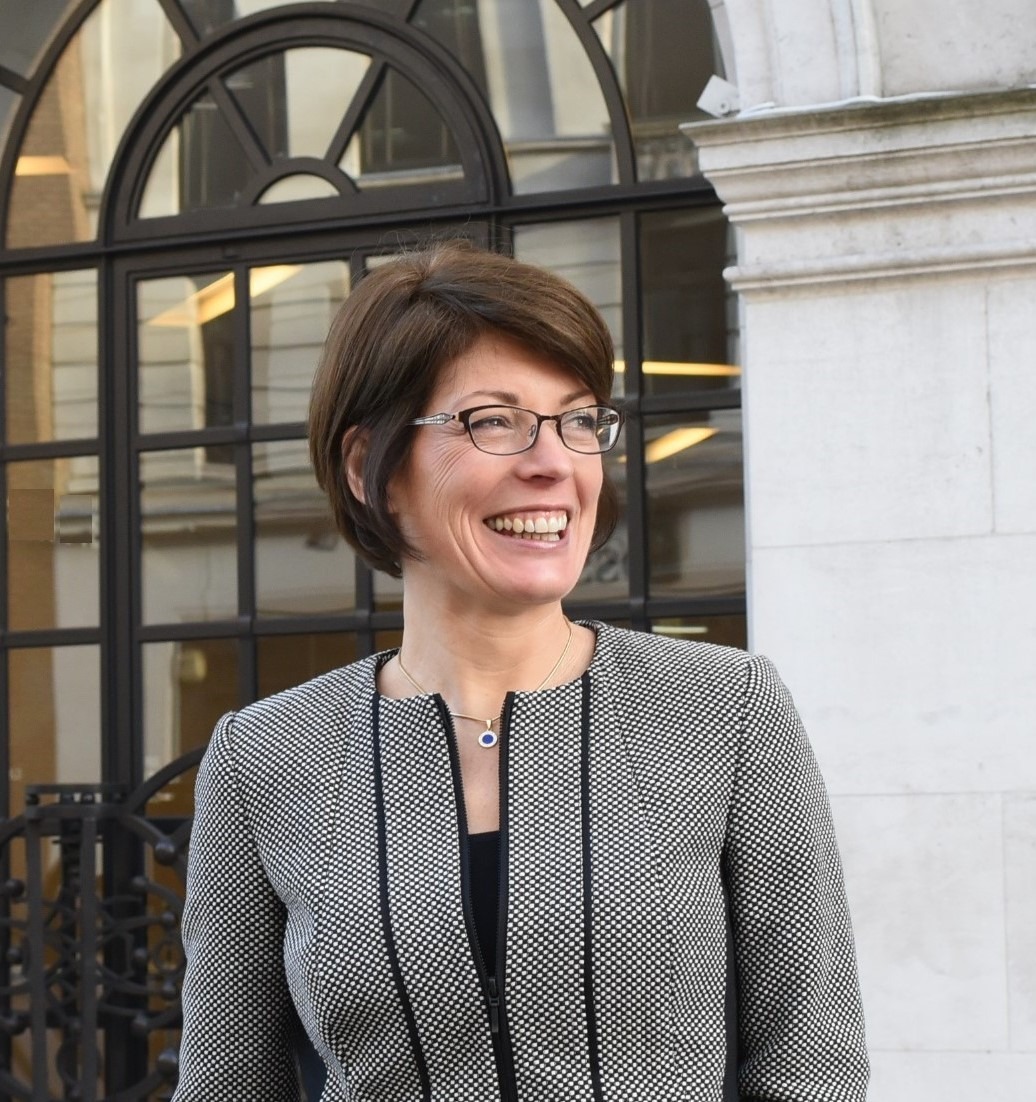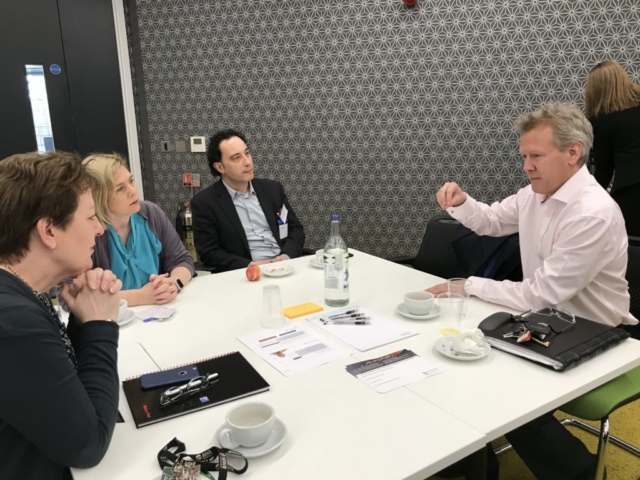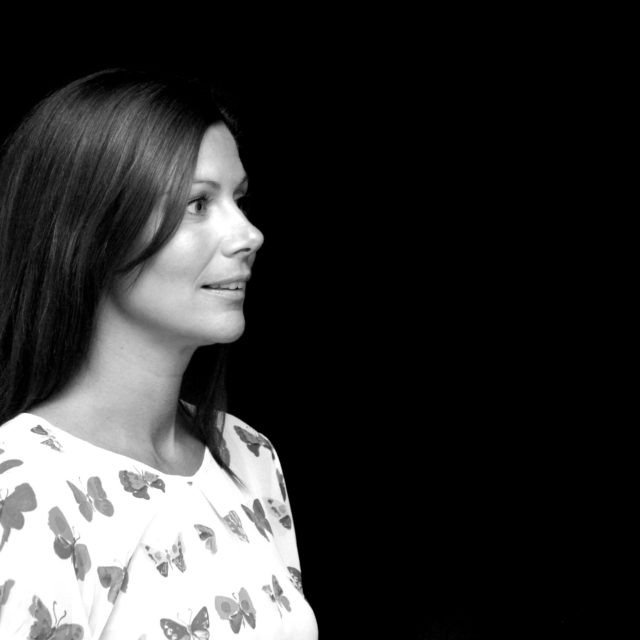HR Heads Breakfast Forum, 22 March 2018
Thank you to everyone who attended our Coaching Culture Breakfast Forum in Basingstoke. Our guest speaker, Kim Newton-Woof, delivered a thought provoking and truly engaging session that was enjoyed by all. If you’d like to register for our future events, visit our events page!
About Kim Newton-Woof

Kim specialises in working with organisations struggling to bring out the best in their business and its people. For more than 15 years, Kim has been helping leaders make sense of and master organisational and personal change. Her expertise is in organisation and leadership development, coaching and facilitation; her passion is what’s possible through people.
With early career success as a teacher, communications expert and project manager, Kim developed her skills as an OD consultant in Higher Education. She now works independently in a number of sectors, partnering top teams and their organisations to create small changes with big impact.
Visit Kim Newton-Woof’s Website
An overview of the Coaching Culture Breakfast Forum
Our Basingstoke Breakfast Forum hosted 20 senior HR professionals in the impressive Matrix House, Basing View. Kim Newton-Woof, our guest speaker, encouraged the room to explore the mistakes many make in their quest for a ‘coaching culture’, how to avoid them and what to do instead.
The case for coaching is strong and the coaching experience a powerful and addictive one. Kim explained how managers who coach improve productivity, morale and job satisfaction for themselves and their colleagues. Yet creation of a coaching culture can become a single person crusade, driven by the belief coaching will benefit everyone in the same way and transform an organisation.
Kim believes that in order to coach with impact, there are three key elements that must be in place. You must be willing to take a long, hard look at yourself and your organisation and recognise where coaching is needed. There must also be commitment – a drive and motivation to succeed. Finally, Kim tells us that a certain degree of ‘suffering’ is needed in order for people to recognise that things need to change.
The forum was designed to give attendees a fresh outlook on coaching and to facilitate much needed discussion around their own personal situations. On leaving the forum, attendees were encouraged to reflect upon what they noticed during the session, what questions arose as a consequence, what further work was identified as required and what would happen if that work was not carried out.
Questions to ask yourself
How would you define coaching?
What does the term ‘coaching culture’ mean to you?
What knowledge, skills and behaviour does coaching require?
“Coaching is unlocking a person’s potential to maximise their own performance”
– Sir John Whitmore, Coaching for Performance
Event Gallery
Jen Gaster
Founder and Director of HR Heads. Passionate about the innovative and successful recruitment of HR talent and creating strong, lasting networks built on trusted relationships. Industry specialist for the Hampshire & Surrey regions.
Connect with me on LinkedIn here






















